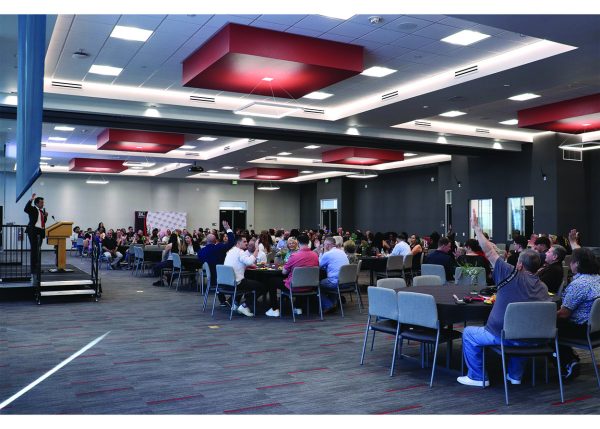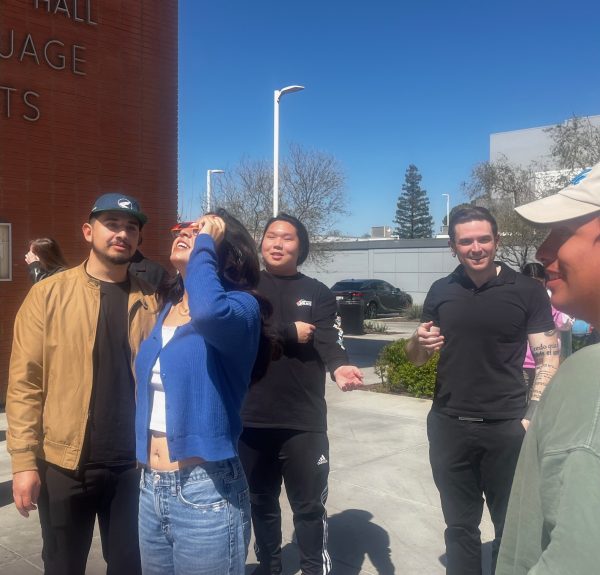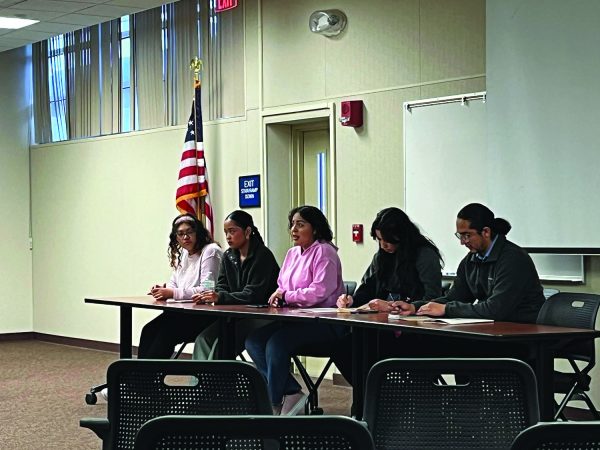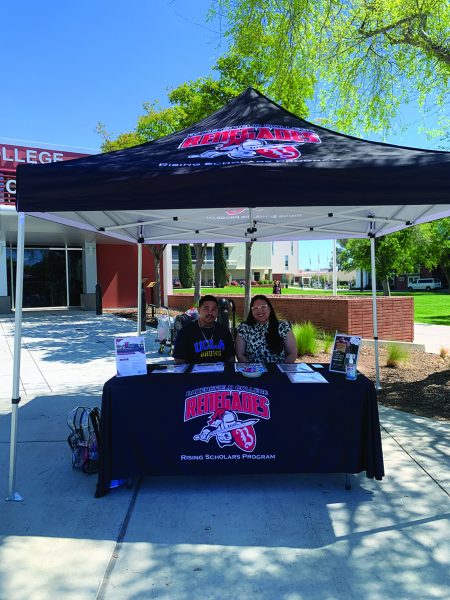Generation Z’s perspectives on racism with Danny Morrison
July 5, 2020
Throughout June, Bakersfield College launched live discussions with Danny Morrison Media. In Episode 4, Morrison talked to three Generation Z multicultural members of the Bakersfield community to discuss their opinions about the controversies from their racial and personal perspectives on June 30.
Morrison constructed a racism test for the panel with a series of questions.
He said the test would place them in one of three categories; either a “Crayola combatant,” a “pluralist to a point,” or a “diversity denier.”
Morrison elaborated a “Crayola combatant” believes there’s an atrocity that has taken place in America toward people of color [POC] and needs special protection. They also surround themselves with people with different races, religions, and sexual orientations.
A “pluralist to a point” is similar to the first category but believes in equal protections, not special ones. “In other words, you’re all for being treated fairly, legally, [and] equality but damn the claims that racism has been woven into the fabrics of America’s society,” Morrison explained.
Morrison said a “diversity denier” is 21st-century racist. They believe that white people should be in charge and POC should know their place.
Morrison added regardless of where they may land in the test, there is always a choice to change.
The panel included 24-year-old political science major Alexis Fleming, 19-year-old BC student Amy Melton and 16-year-old Centennial High School student Martin Higuera.
The first question Morrison asked the panel was when they first realized racism was real.
Fleming shared she was embarrassed to admit that she didn’t realize racism was a real thing until she was in college. She had been told that there were people who didn’t like a group of people because of their skin color but didn’t realize it was really real until she saw it in person when her mother’s friend got pulled over for no reason.
Melton shared she first saw racism in preschool when her classmates would make fun of a Black student’s skin and told the student she smelled. In high school, she realized kids were treated differently than white students because they weren’t white.
Higuera added, as a Latino, he remembered when his family was called racial slurs growing up. He understood it once he got into politics.
All three of the panelists support and agree with the Black Lives Matter [BLM] moment.
“When you say Black lives matter, that is what it means. That Black lives matter. A lot of times what people say in response that ‘all lives matter.’ When we say black lives matter it is not to say all other lives do not matter, it means that as of right now we’re focusing on Black lives because Black lives have been treated like they don’t matter for so long in this country and it is time that changes,” Higuera explained.
When asked how he felt shouting BLM standing next to a Black person, Higuera said he feels like they have each other’s backs and have solidarity.
Another question Morrison asked the panel if they believe if white entitlement is real.
“White privilege does not mean they haven’t gone through anything bad. It means that they have more opportunities because of the color of their skin,” Melton said.
Morrison also asked if it is fair to say ignorance are the cause of prejudice.
“I think there is an ignorant racist and there is a bigot racist,” Fleming replied.
All three panelists also agreed that they should call out racist family members and educate them.
Higuera said it is especially important to call out members in his family. He does believe in personal growth, that racism is learned, and “anything you learn you can unlearn.”
Melton followed that she wouldn’t use the term “unlearn” when it comes to racism, because “what you learn always stays in your mind. It can always stay in the back of your mind, but you can acknowledge what you did learn was racist. Then you can acknowledge it was wrong and then can relearn and educate yourself on what to not to say, what is wrong, and what is right.”
Morrison said that he and others appreciate the fact that Generation Z is leading the charge to change.












